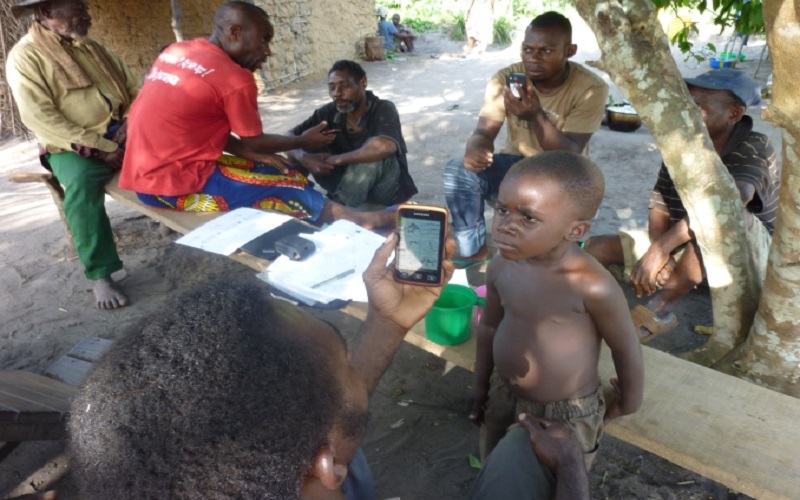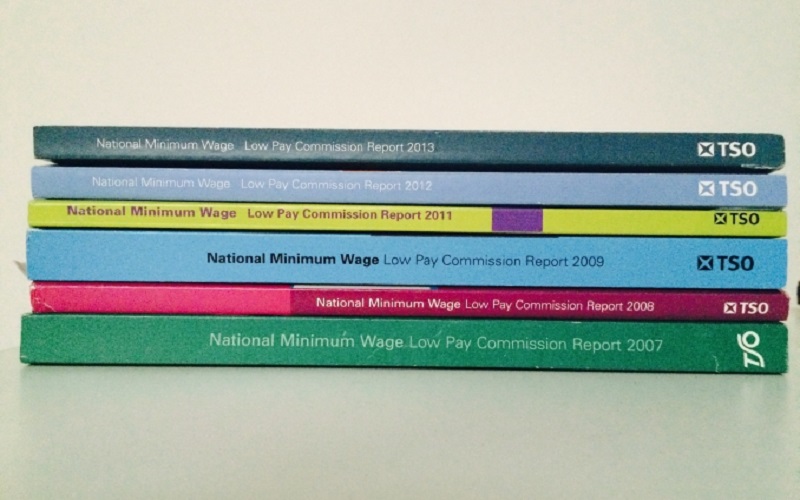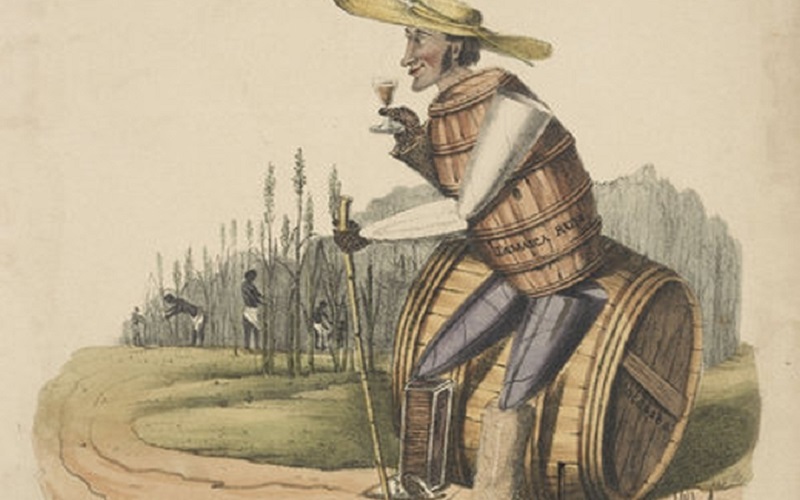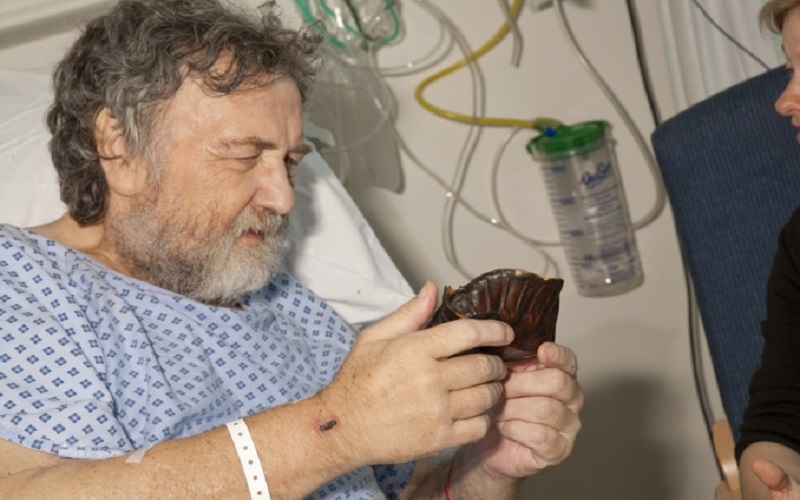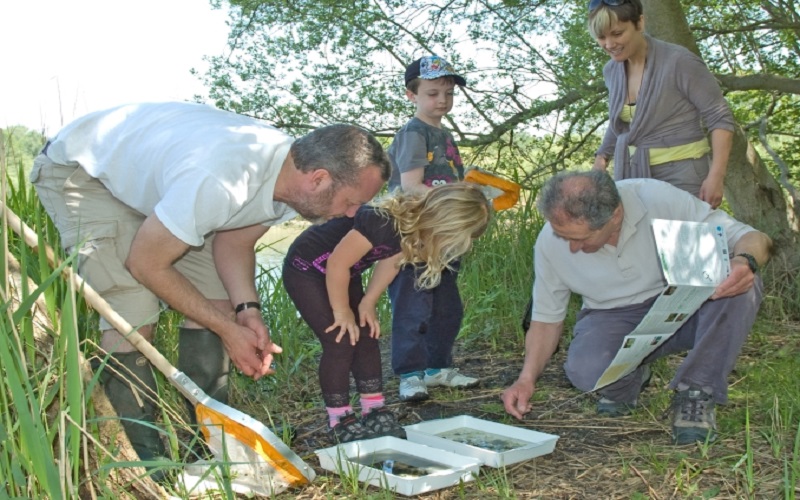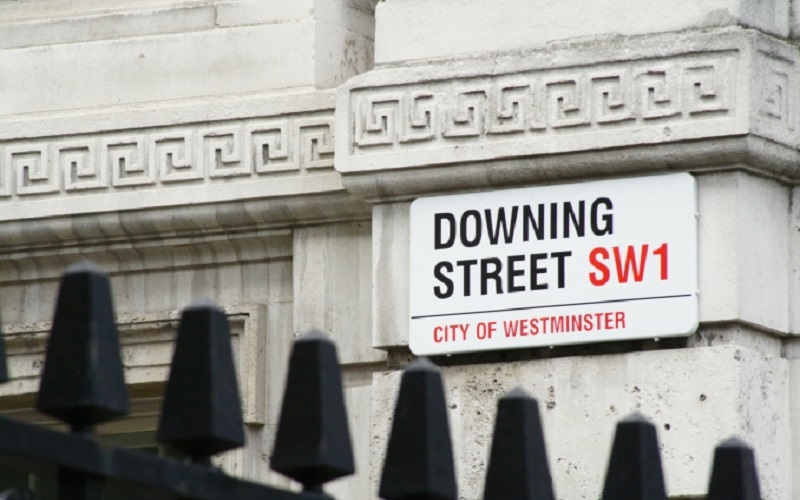REF 2014
The previous REF (2014) found that, across the whole institution, UCL has the greatest impact power of any university in the UK. The case studies below highlight some of the world-class Faculty of Social & Historical Sciences research that was recognised and celebrated.
You can read more case studies from the Faculty of Social & Historical Sciences on the UCL Research Impact website.
 Close
Close


